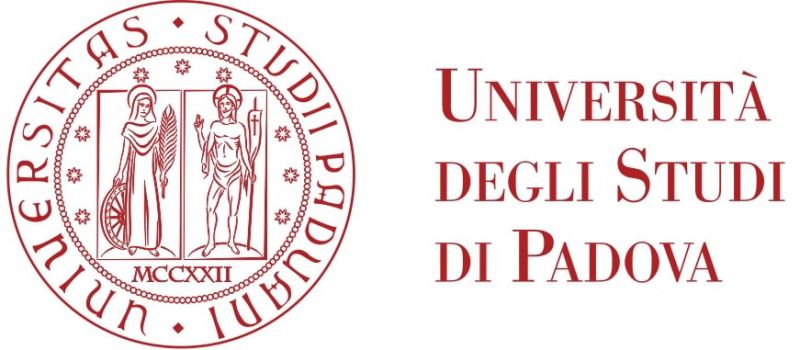

9 May 2011, h.15:00 - Sala 301 DEI/A
Enrico Chiovetto University Clinic Tübingen, Tübingen, Germany |
Abstract:
An important question in neuroscience is
understanding how the central nervous system (CNS) controls the
large number of degrees-of-freedom of the musculoskeletal
apparatus to perform a wide repertoire of complex motor behaviors.
A long standing hypothesis is that the CNS relies on a modular
architecture to simplify motor control and motor learning.
I will first present in this talk the results of a series of
experiments that I have carried out with human subjects to study
the low-dimensional structures underlining the kinematics and
electromyographic (EMG) activity recorded from a large set of body
muscles during the execution of complex whole-body movements.
These results link together, in a hierarchical view of motor
control, the joint coordination characterizing whole-body pointing
movements with a basic muscle synergistic organization, namely a
triphasic pattern.
I will also describe the unsupervised learning algorithms that I
used to analyze different biological data, and I will describe how
the imposition of specific constrains and priors to the algorithms
can lead to well-defined physiological
interpretations.
At the end I will present partial results of the work I’m
currently carrying on in the framework of an important EU project,
AMARSi (Adaptive Modular Architectures for Rich Motor Skills). In
a series of experiments in a virtual reality environment we are
collecting kinematic data from human subjects during the
accomplishments of ad-hoc walking plus pointing motor tasks. Such
data are being used, in a theoretical control framework, to
extract periodic and non-periodic synergies to generate and
control movements of characters in graphical applications and
robotics.
Affiliation:
Section for Computational Sensomotorics, Department of Cognitive Neurology, Hertie Institute for Clinical Brain Research, Centre for Integrative Neuroscience, University Clinic Tübingen, Tübingen, Germany

